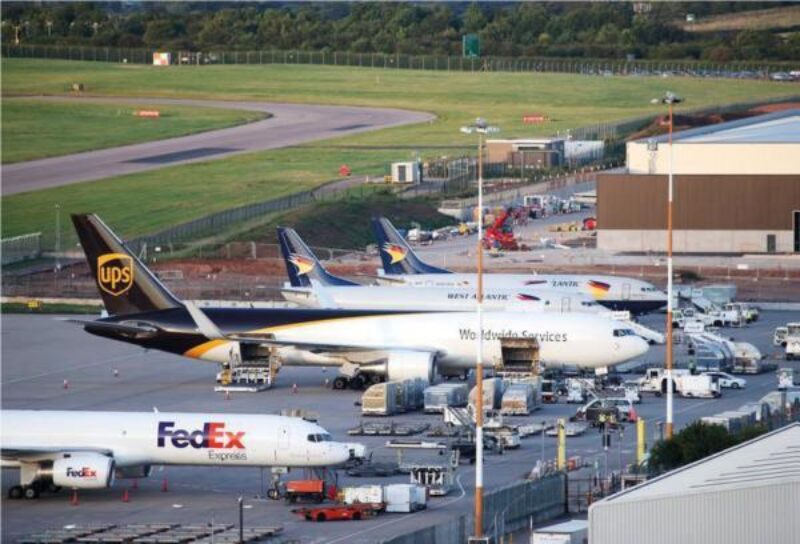The government is consulting on plans to create up to 10 freeports across the UK, which will have different customs rules to the rest of the country. The objective of introducing freeports is to establish national hubs for global trade and investment across the UK post-Brexit. Freeports are intended to create hotbeds for innovation while also promoting regeneration and job creation.
The government has drawn on evidence from successful freeports around the world to develop a UK freeport model.
Freeport status would enable businesses to bring goods into in the zone with no tariffs, import VAT or excise to be paid on goods from overseas until they leave the freeport and enter the UK’s domestic market.
A company could also import components duty-free, manufacture the final product in the freeport, and then pay no tariffs on the components when the final product is re-exported.
In addition to the tax reliefs for freeports, the consultation is also seeking views on changes to stamp duty land tax, research and development tax credits, employer National Insurance Contributions, VAT and excise duties for goods within freeports. The consultation also asks for input on a number of other issues, including changes to planning regulations, how the bidding process for developing a freeport will be handled, regeneration and governance.
Kevin Harris, Chair of the LLEP Board of Directors said: “Freeports have been on the horizon for some time and the Leicester and Leicestershire Enterprise Partnership (LLEP) together with D2N2 Local Enterprise Partnership have already discussed the options of developing a freeport in our region.
“A freeport in the East Midlands makes a huge amount of sense. Our region is already a commercial hub for the whole of the UK, with East Midlands Airport, the UK’s largest dedicated freight airport and the seventh-largest in Europe located at the heart of our region. We are home to the world’s largest cargo handlers and we have the capacity to grow. Our links between air, road and rail are already world-class, and international traders will reap the rewards of our existing sectoral and geographical strengths.”
You can find out more about freeports and respond to the consultation on the Gov.uk website at www.gov.uk/government/consultations/freeports-consultation
The consultation closes on 20 April.
For more information, please contact: admin@llep.lccwp-dev.tibushost.com




